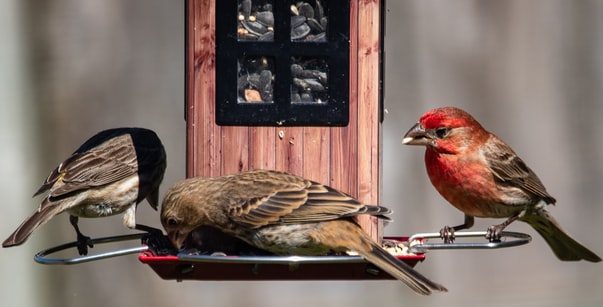
When it comes to learning the Internet has been a miracle. It is like all the world’s learning institutions are available through your computer screen. You have access to more knowledge than any world leader or wealthy individual did just a few decades ago.
There is so much out there you need a plan. What are you trying to accomplish? Are you looking to just learn a skill? Do you want a new career? Do you want to begin a new hobby? Or do you just enjoy learning new things?
One approach might be to make your plan based on your goals. Then browse through the course offerings at the various sites and make a list of possibilities. Finally drill down and research each course. Is the course relevant? How old is it and when was it last updated? Can you ask questions of the instructor? Are there reviews from fellow students?
Many of the available courses are free. Others can be more expensive. My advice would be to see what the free and low-cost courses offer first. Then when you know exactly what you want the more expensive options might make sense.
Here is just a partial list to get you started. Good Luck!
Alison https://alison.com/
Carnegie Mellon Open Learning Initiative https://oli.cmu.edu/
Code https://code.org/
Codecademy https://www.codecademy.com/
Coursera https://www.coursera.org/
Dash General Assembly – Learn to Code https://dash.generalassemb.ly/
Fast Company 30 Second MBA https://www.fastcompany.com/user/30-second-mba
FutureLearn https://www.futurelearn.com
GCF Global https://edu.gcfglobal.org/en/
Harvard Extension https://www.extension.harvard.edu/
iTunes U http://www.open.edu/itunes/
Kadenze https://www.kadenze.com/
Khan Academy https://www.khanacademy.org/
MemRise https://www.memrise.com/
MIT Open Courseware https://ocw.mit.edu/index.htm
OpenLearn https://www.open.edu/openlearn/
Open Learning Initiative https://oli.cmu.edu/
Open Yale Courses https://oyc.yale.edu/
Stanford Online https://online.stanford.edu/
Udacity https://www.udacity.com/
Udemy https://www.udemy.com/
U of Berkley Class Central https://www.classcentral.com/university/berkeley
University of the People https://www.uopeople.edu/

